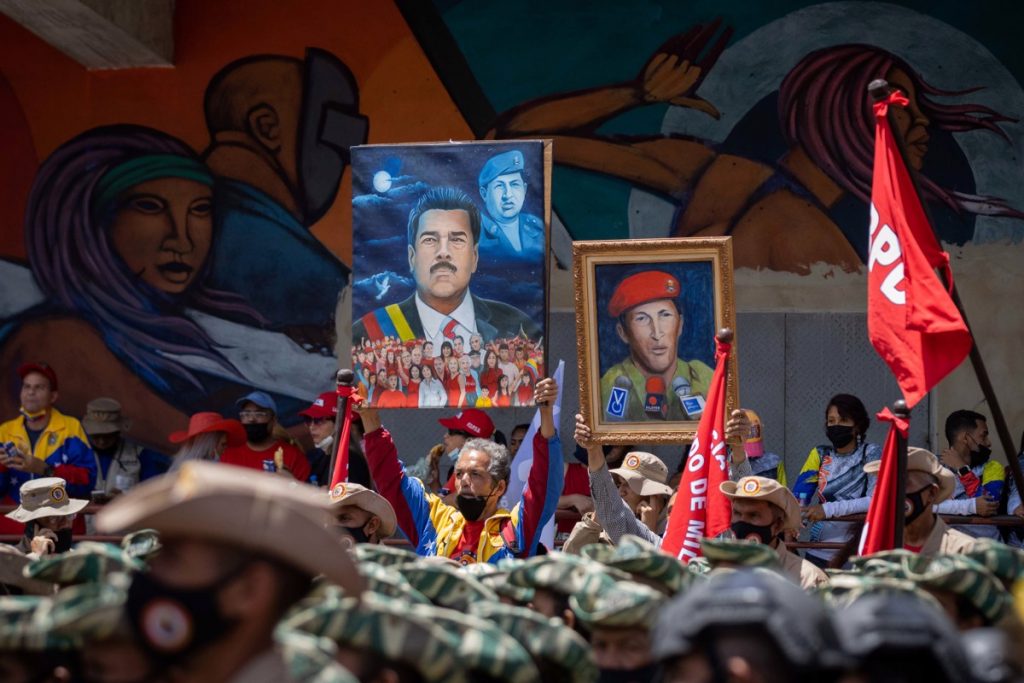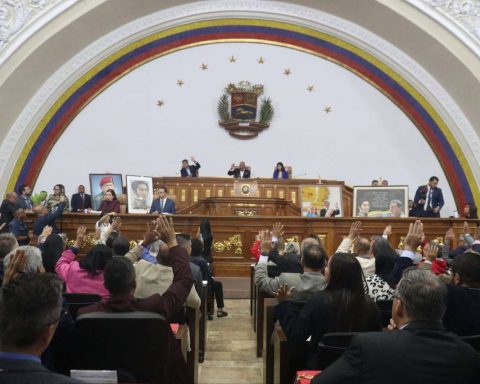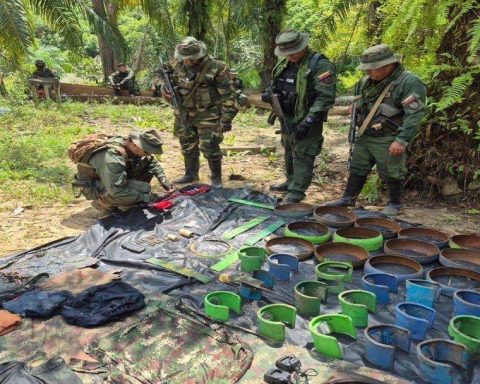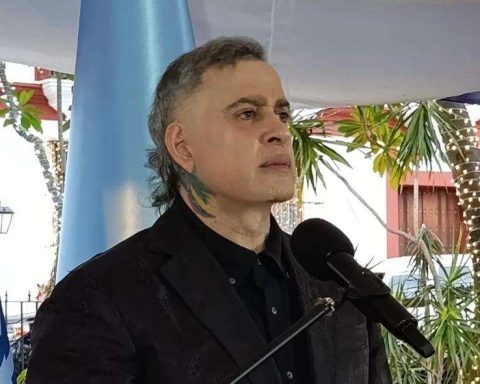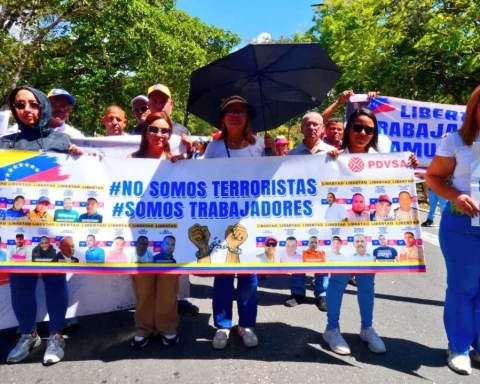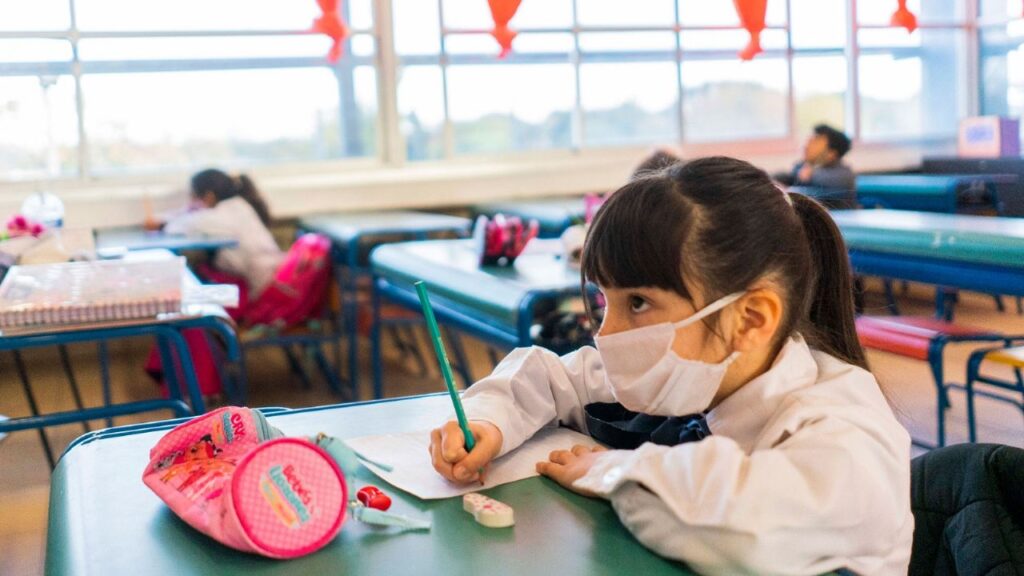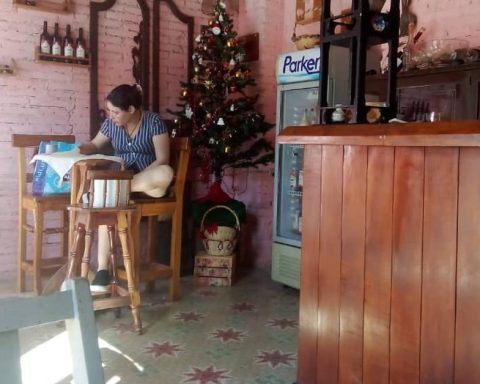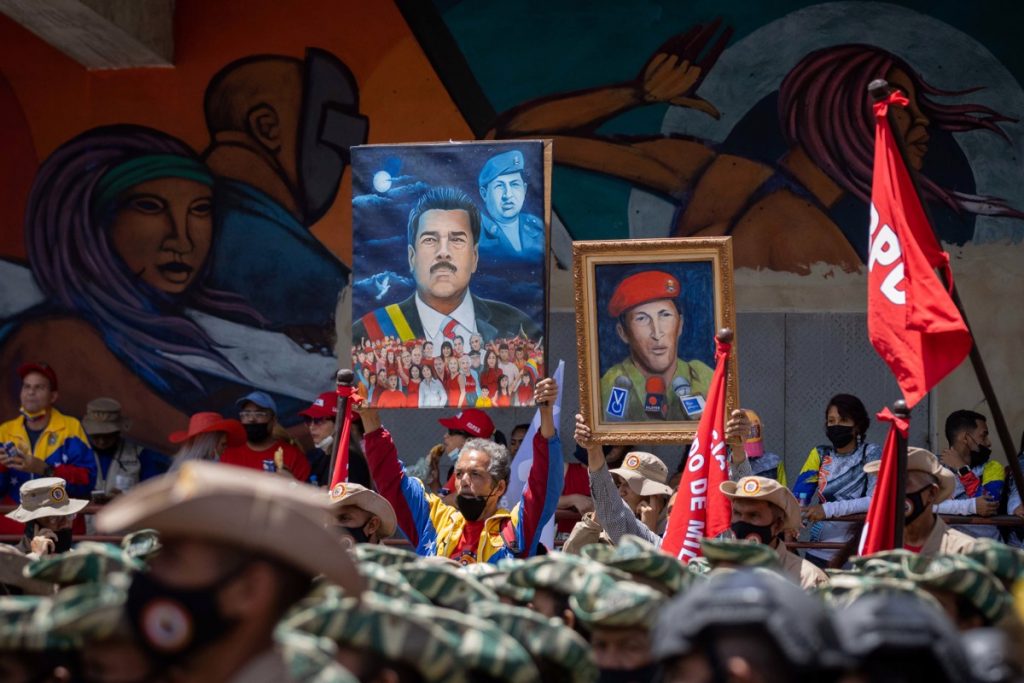
Ten years ago, Daron Acemoglu and James Robinson, academics from American universities, published a book, Why do countries fail?, which helps to clarify the serious dilemma that, in economic matters, Venezuela faces. They argued that the fundamental difference between developed countries and those that are not lies in the type of institutions, both political and economic, engendered in the heat of their respective historical processes. In the former, social struggles forged institutions of an inclusive nature, characterized by rules of the game common to the members of a society, the basis of a Rule of Law capable of enforcing the plurality of interests and initiatives that take place in it, and protect the legitimate interests of minorities. They strengthened the guarantees of ownership, contracting and respect for acquired rights, allowing people to freely continue satisfying their needs. A greater distribution of political power was established among the population, limiting its concentration and arbitrary exercise.
On the contrary, the inability of other countries to exhibit sustained development processes in favor of the majority is due to the fact that their institutions are of an extractive nature, placed at the service of extracting income and wealth from the rest of society by the ruling elites. They are associated, therefore, with autocracies that concentrate power, with few limitations on their personal gain. It is in the interest of these elites to strengthen this extractive institutionality, both in its economic and political dimensions, without skimping on mechanisms of an openly repressive nature. Few will doubt that this characterization comes in handy to describe the Chavomadurista regime.
In Venezuela, the dependence on huge oil revenues to finance investments and current public spending forged institutions of an extractive nature in the economic sphere, forming an intervening State, with great discretion to manage that revenue. They coexisted, however, with inclusive political institutions, the result of the democratic zeal of the political leaders who succeeded the dictatorships of Gómez and Pérez Jiménez. However, the tension between both types of institutions was evident, in particular, the temptation of a protagonist presidentialism to take advantage of the economic powers concentrated in the State, owner of the oil, to advance particular projects. It nurtured a political culture that faced development problems, not with greater citizen protagonism in decision-making –deepening inclusiveness-, but with greater submission of autonomous market mechanisms to the State, based on political objectives.
This contradiction was “resolved”, as we know, by Chávez. He dismantled the institutions on which political inclusivity was sustained – those of liberal democracy – replacing them with powers concentrated in his person. In short, he was heir to the Liberator (!) And, therefore, “one with the people.” By eliminating autonomy and separation of powers, and ignoring the guarantees of the rule of law, Chavismo ended up aligning political institutions with the extractive nature of economic institutions, which concentrated the usufruct of income in those who controlled the State. This autocracy replaced market forces in the allocation and distribution of resources by “revolutionary” political criteria -the most important, that of loyalty- brandishing the construction of a “21st century socialism”. After the lack of transparency and accountability, the extractive, predatory nature of the economic and political institutions was accentuated, forming a plundering regime around which the interests of those who profit from this arrangement were woven. While the oil boom lasted, it also made it possible to attend to the distribution to popular sectors that supported the regime. But when oil prices fell, Maduro’s political support came to depend on his ability to nurture the complicity of traitorous and “connected” soldiers, and to weave alliances with criminal groups beyond, inside and outside the country. A kleptocratic regime was forged, seeking shelter in a brotherhood of similar rogue states, in particular, Vladimir Putin’s Russia.
The exacerbation of predatory practices, within the framework of an extractivist institutionality accentuated by chavomadurismo, ruined the country. This tragedy is well known by Venezuelans, as they suffer it daily. It is not necessary to reproduce here figures that document it. But the destruction of the domestic economy, including the oil industry, has been such that it drastically shrank the opportunities for plundering by the mafias that took over the state. It forced the lifting of price and exchange market controls, giving rise to glimpses of economic reactivation. These rearrangements, however, have little changed the extractive nature of the institutions. The guarantees for economic activity, dispute resolution and, much less, personal, civil and economic freedoms and rights, which nurture private initiative and investment, have not been restored. Rather, looting of Guyana’s mineral wealth and irregular oil operations have increased. And the struggles between soldiers loyal to Cabello and those identified with Maduro have exposed deep corruption within the military ranks. It is not only the extortions recently denounced on television by Ernesto Villegas, but also gasoline smuggling and other theft. The weapons of the nation put at the service of personal gain, the result of the destruction of the FAN concocted by Padrino, Ceballos, Reverol and others. Additionally, combating inflation by violently reducing public spending, contracting credit with high reserve requirements for banking and anchoring the exchange rate, has accentuated a situation of collapse and anomie, typical of a failed state, in which arbitrariness prevails and improvisations of the strongest. The destruction of the capacities to comply with the basic services of electricity, water, security, transportation, health and education draw a country adrift, unstable and without the necessary confidence to attract investment. On top of that, the greater international vulnerability produced by the madurista error of signing up with the aggressor in the war waged by the Russian autocracy against Ukraine increases the uncertainty even more. The insecurity caused by the flagrant disrespect for human rights in Venezuela cannot be left out, with some 260 prisoners for political reasons, and the presence of torture and disappearances.
Even in this scenario, the Venezuelan economy can grow. But subject to the arbitrariness of an institutional framework placed at the service of a gangster regime, it will be erratic. In some years, it may not grow. This cannot be understood as a “normalization” of economic activity, especially with the terrible inequity suffered by those who do not have regular income in foreign currency. The urgent need to improve as soon as possible and in a significant way the living conditions of Venezuelans cannot be trusted in precarious eventualities, subject to the good will of Maduro or rearrangements between the mafias that seek to preserve their fortunes. Trusting that the lifting of some sanctions will be functional for this to happen seems puerile to me, given the entrenched interests around the extractive institutions that support the Chavista plundering of the country. The welfare of the population is not on their agenda.
But taking advantage of the rearrangements to forge changes towards rules of the game -institutions- inclusive, that settle the guarantees, rights and freedoms that stimulate the deployment of initiatives capable of taking advantage of the enormous potentialities -today asphyxiated- that nest in Venezuela and in Venezuelans, is another thing. It is also a condition for the substantial loans required to recover public services and other powers of the State. It implies, of course, political changes. The rearrangements should serve to rebuild a range of forces to force these changes, seeking to expand and consolidate some of the improvements implemented, and corner, at the same time, the arbitrariness of those who insist on managing the country as if it were their personal property. It’s up to the leaders that are emerging around the struggle for demands, to demand public services and that manifested themselves in the recent conquests of some mayors at the national level, to assume this platform as a program. Without uniting wills around the rescue of inclusive institutions there will be no solution. The lifting of sanctions must be instrumental in advancing these purposes. The discussion of a topic with so many implications is just beginning, but it is essential.
